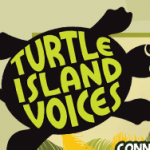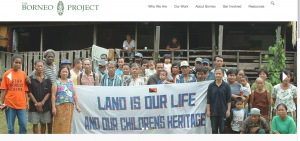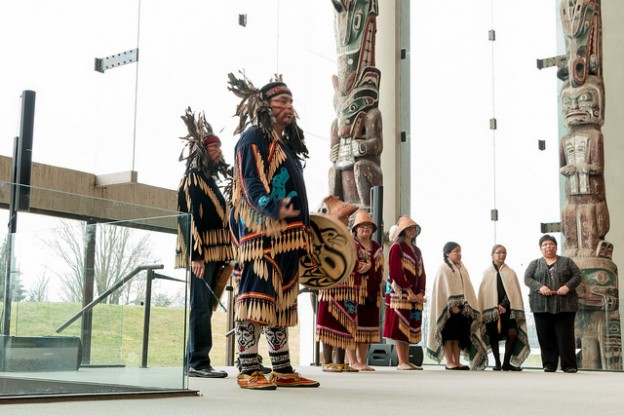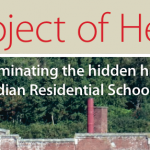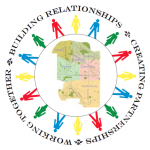I am not really sure what I think of this series. The Turtle Island Voices books, that are offered through Pearson publishing, have fans and enemies. Some proponents say, “Yay, look it is Aboriginal and there is a teacher’s guide.” Opponents complain the reading level is too low. It is, however, what many schools have in their collections to support First Nations content. You can check them out for yourself here.
